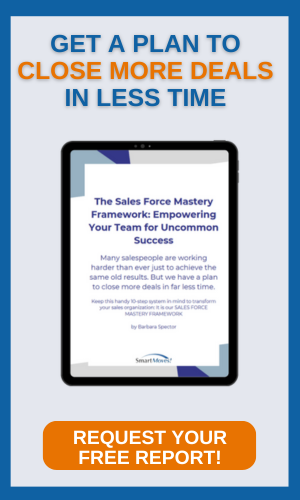I thought this book review was "right on". I hope you enjoy it:
In 'The Rare Find,' George Anders looks at how the U.S. Special Forces, Silicon Valley venture capitalists, basketball scouts and others identify and hire exceptional talent.
Originally printed in the LA Times, December 4, 2011
George Anders, a veteran business journalist, provides some help, asking questions of everyone including the U.S. Special Forces, Silicon Valley venture capitalists and basketball scouts to help us understand how to identify exceptional talent.
In Anders' new book "The Rare Find" published by Portfolio, he writes despairingly that "executives shy away from the mavericks, the late bloomers, the overachievers with the underdog past, or the inexperienced newcomers with the amazing potential."
"We are so afraid of making a mistake that we have lost the courage to do anything spectacularly right."
With Western economies in their current perilous state, the old methods need to be tossed out.
Anders has assembled a wide-ranging and stimulating collection of characters and stories to make his point.
He starts out describing the "five-to-one test," the idea that the best performers are not just a little better than the rest, but better by a factor of five. Sports teams, crack military units and technology investors are not looking just for someone ahead of the rest by a nose, but rather someone exceptionally better.
The U.S. Special Forces, for example, is not looking just for the fittest or strongest candidates. It wants candidates with cunning and resilience, problem solvers who quickly bounce back from adversity.
These qualities are all but invisible on a resume but emerge during the sadistic trials aspiring recruits must endure. Does the recruit keep himself tidy even during a long, exhausting march? Does he break the rules when he thinks no one is watching?
Anders tells the story of Albertsons, the grocery chain, deciding to hire Larry Johnston as its chief executive in 2001. Johnston had been very successful at General Electric, rising through its competitive managerial ranks. He was also good looking and 6-foot-7, a CEO from central casting.
Albertsons' board of directors was delighted to hire him. But Johnston turned out to be hopeless at running a grocery chain. By 2006, Albertsons' financial performance had stumbled badly and the company was broken up and sold. Johnston was out of a job.
The directors' mistake was to assume that success in one field foretold success in another. They had forgotten management guru Peter Drucker's key maxim when hiring: "Think through the assignment." You don't hire a person just because they have done well in the past. You hire someone to fill a specific job which requires the achievement of specific outcomes in a certain context.
To avoid mistakes like those at Albertsons, Anders has all sorts of recommendations. These include decoding "jagged resumes," full of ups and downs and strange career choices, but which nonetheless may be ideal, as well as running lengthy auditions for recruits and looking outside your own field for inspiration and talent.
It is much better, he writes, to "compromise on experience" than on character. Facebook hires about 20% of its engineers via online puzzle contests. Anyone can enter, which brings all kinds of programmers into the company's orbit, many self-taught and outside the usual educational or corporate channels.
Anders also recommends searching for the "invisible virtues" such as efficiency, curiosity, self-reliance and — above all — resilience, and then being extremely optimistic about your hires, at least at the outset.
Many recruiters hire out of fear, making safe choices, ruling out reward as well as risk. It is the HR version of the old saw about no one getting fired for hiring IBM.
To find exceptional people, he writes, one should think about what can go right, not dreading what might go wrong.
Anders does not offer easy prescriptions. Finding and nurturing exceptional talent, despite his pointers, remains difficult. But the reward to those who bother can be colossal.
Broughton is a columnist for the Financial Times of London, in which this review first appeared, and he is the author of "Ahead of the Curve: Two Years at Harvard Business School."





